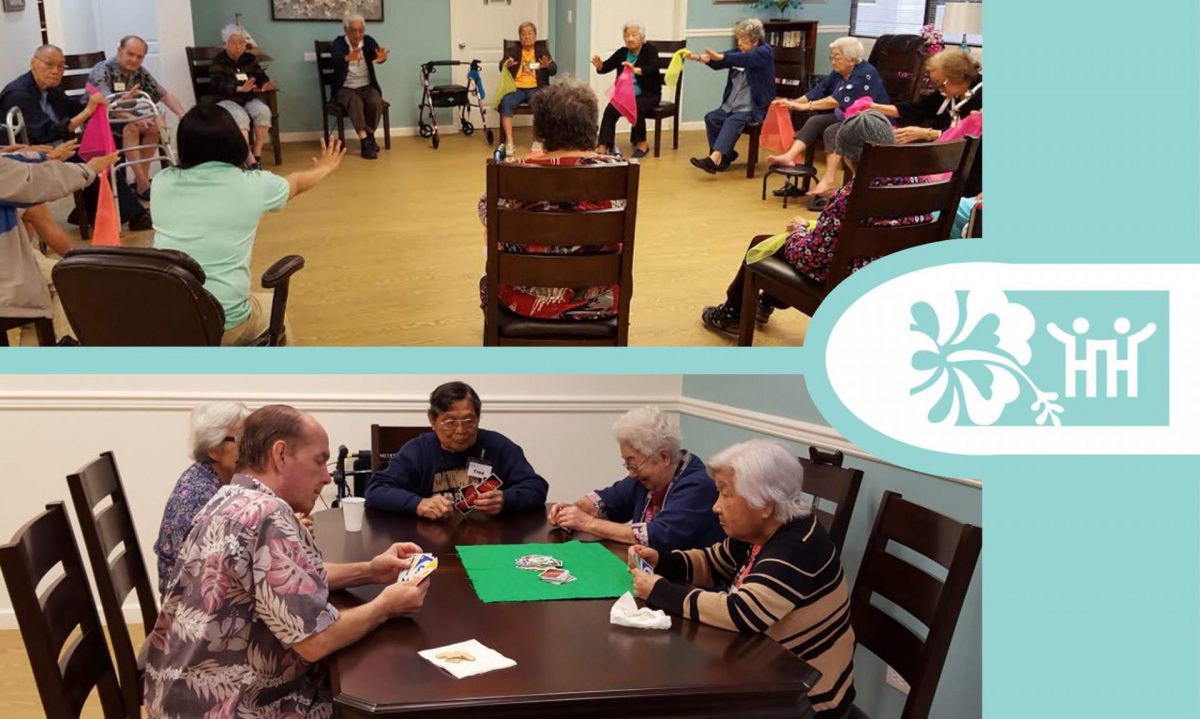It’s basic human nature to value relationships and connections with others. Few of us want to be alone, especially as we age. In spite of many ways to stay connected via phones and social media, studies show we are lonelier than we’ve ever been — with seniors feeling the sting the most. However, with a few simple steps, seniors can implement changes in their lives that may help make them feel happier and socially engaged.
 Plan out your life. If there has been a major change in your life, like a break-up or a big move, it’s essential to make a plan. Write things down that make you happy and then write what you are going to do to achieve your goals and dreams. It is also important to make a point of meeting people with similar interests. You can do this by volunteering or exploring a new hobby. Don’t be afraid to push yourself out of your comfort zone!
Plan out your life. If there has been a major change in your life, like a break-up or a big move, it’s essential to make a plan. Write things down that make you happy and then write what you are going to do to achieve your goals and dreams. It is also important to make a point of meeting people with similar interests. You can do this by volunteering or exploring a new hobby. Don’t be afraid to push yourself out of your comfort zone!
Open up to family members. At the end of the day, all that you have are the people who are closest to you. Don’t be afraid to let your loved ones teach you how to be social and happy. For example, allow your child to teach you how to do a craft or take a walk together once a week. By opening yourself up, you will grow closer to friends and family members.
Get up and active. If you have started becoming a couch potato, there is nothing more important than getting up and doing something – anything. There’s a theory called behavioral action, and the idea is that you can reduce depression by implementing the “just do it” attitude. However, nothing happens overnight, so be patient as you work toward your goal.
If all else fails, try not to focus on yourself. Thinking of others has been proven to significantly reduce depression and loneliness.

